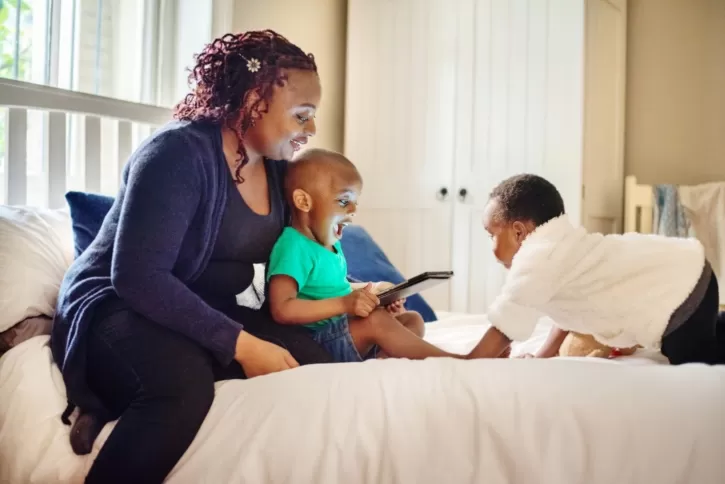Women as breadwinners. Financial empowerment and analysis of the money hurdles they face.

Share on
Gender roles and the financial responsibilities each are perceived to operate within have transformed over the years. Evolving societal behaviour and earning potential sees an increasing number of women stepping into the role of primary breadwinners for their families, breaking down societal norms and patriarchal traditions.
As women break these barriers and contribute significantly to the workforce, we are also seeing an increase in women realising the importance of taking insurance solutions to protect their livelihoods and ensure their loved ones are protected should anything happen to them.
Gender transformation and representation quotas considered; the shift is not without its challenges. According to insight from Target Group Index (TGI) 2022C, representative of 28 110 000 South Africans in the emerging market, between the ages of 20 to 60 and with a personal monthly income under R30 000, more women than men are financially distressed.
We are seeing almost a fifth (19.1%) of women in the emerging market saying that they are finding it difficult to make ends meet and 24.9% saying they are just coping on their present income. When interrogating the data even further, the elements below emerged:
- Women who are single-parent family breadwinners seemed the most despondent about their financial situations.
- Of those with dependent children: 22% said they are finding it difficult to make ends meet.
- A further 17.7% said they cannot even afford the basics.
"Women with dependents generally have a greater need to protect their family earlier in their lifetime - while their children are at school and/or university and while still financially dependent on them. Women, regardless of having dependents have a need to leave a legacy for loved ones when they pass on," explains Yaaseen Albertyn, Head: Product Management at Metropolitan.
Insurance not only serves as a safety net, offering a shield against unforeseen circumstances that can disrupt financial stability; it also provides reassurance and peace of mind, knowing that their loved ones will be protected in the event of their absence or incapacity.
Whether it is funeral cover, life and health insurance, income protection cover, or saving towards their retirement, these safeguards offer a crucial layer of protection that allows women to confidently pursue their careers, take care of their families, and contribute to society without fear of leaving their loved ones financially vulnerable.
Further data by TGI shows:
- The insurance product most used by both men and women in the emerging market is funeral cover, followed by saving and investment plans, and lastly, life cover.
- Though life cover purchases are small, we do see women are more inclined to buy life cover than men.
- Women who have older children that are no longer dependent on them, are more likely to have these insurance policies in place. This can likely be attributed to affordability as older women are more inclined to earn higher salaries.
- Women also tend to be more careful with their money, believing that it is important to have a budget or financial plan, and that insurance is a necessity. Men, on the other hand, believe more strongly that it is important to save for retirement.
Empowering women through financial literacy
The empowerment of women who also serve as breadwinners in their householders goes beyond providing them with equal opportunities. It involves equipping them with essential financial literacy skills to enable pivotal, informed decision making about insurance solutions and other financial matters.
"Basic education is the key. Our market generally does not understand that life cover is cheaper than funeral cover, especially when buying multiple funeral plans," says Albertyn. "Women, and society at large, also need to understand the importance of having life cover to ensure financial protection for their family is equally important to having a payout for your funeral."
Albertyn says financial literacy workshops and programs, along with education around myths associated with buying life cover and insurance can be instrumental in closing the insurance gap for women breadwinners.
He adds: “We must also continue to reinforce the message that your policy information is confidential, and we will not share this with anyone. At Metropolitan, we strictly observe the Protection of Personal Information Act (POPIA) and will protect your information.”
When considering all the data, it becomes clear that more needs to be done to empower women with the tools to help them plan for and achieve their financial life goals. Once armed with knowledge and awareness, women can proactively navigate the insurance landscape, ensuring that they have the right cover to safeguard their families’ financial well-being.
Considering taking up an insurance product or reprioritising your cover portfolio, speak to one of our advisers today.
#TogetherWeCan
#WomensMonth

